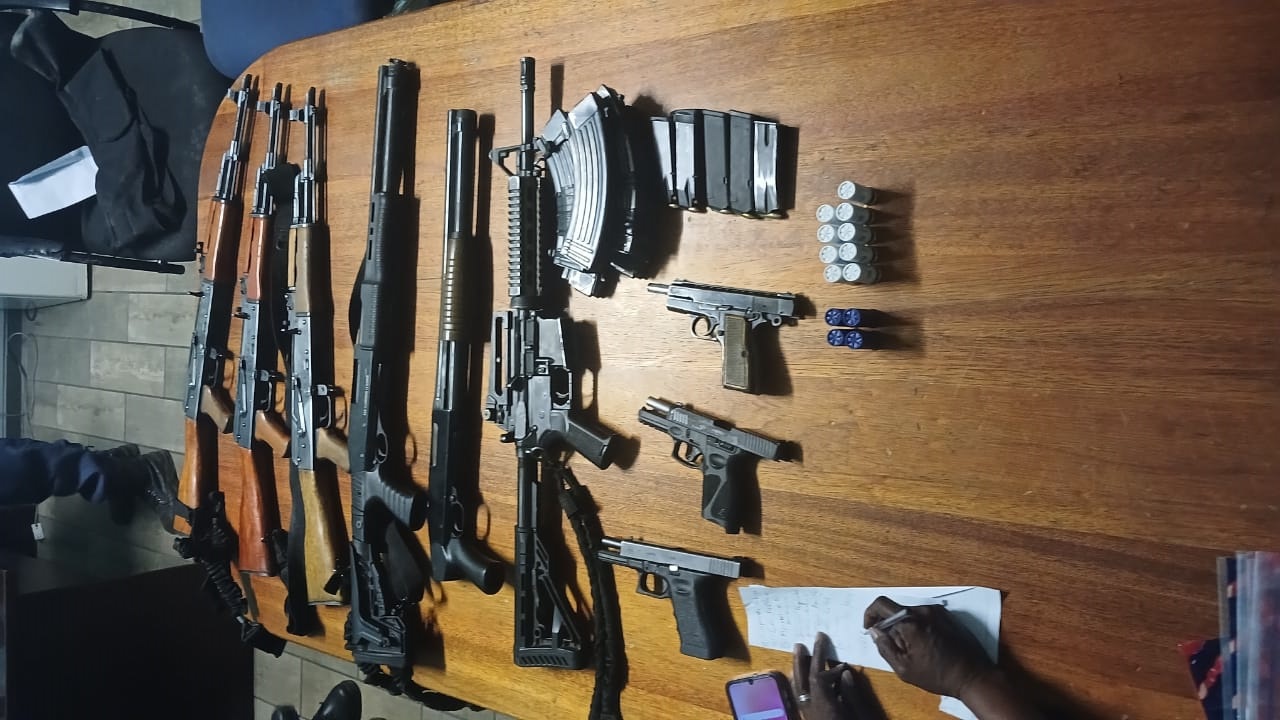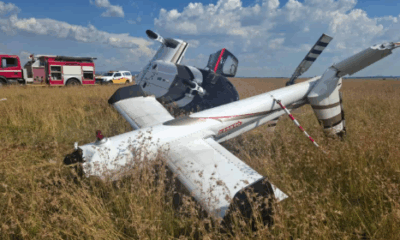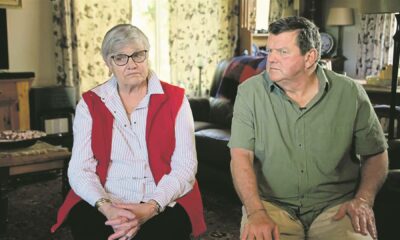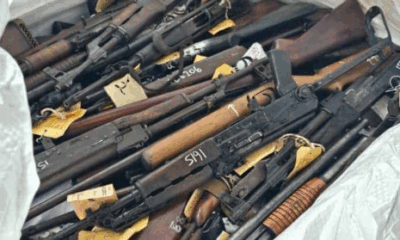News
How South Africa’s Legal Guns Feed Violence

Legal Guns, Deadly Consequences
South Africa is no stranger to violence. Yet behind the headlines of gender-based violence, armed robbery, and murder lies a shocking reality: many of the firearms used in these crimes were once legally registered. Guns intended to protect citizens often end up fueling the very chaos they were meant to prevent.
Experts speaking to IOL reveal a disturbing pipeline: legally owned firearms, whether held by civilians, private security companies, or collectors, are diverted to criminal networks through theft, corruption, and fraudulent licensing.
How Firearms Are Supposed to Be Controlled
The Firearms Control Act (Act 60 of 2000) governs firearm ownership in South Africa, treating it as a privilege, not a right. Licences are issued by the South African Police Service (SAPS) through the Central Firearms Registry (CFR).
Applicants must:
-
Complete a competency certificate on firearm safety and law.
-
Ensure firearms are stored in approved safes.
-
Undergo home inspections by police.
Licence categories include Section 13 for self-defence and Section 15 for hunting or sport shooting. Yet even with these safeguards, firearms continue to leak into the black market.
A System Struggling to Keep Up
Criminologist Dr Guy Lamb from the University of Stellenbosch points out that firearms are often lost due to negligence, theft from deceased estates, or private security company closures. “Some criminal networks even establish their own security firms to acquire legally held weapons,” he warns. Government firearms are not immune; lost or stolen official weapons are often recovered in criminal investigations.
Police corruption further complicates matters. In the Western Cape, especially Cape Town, theft and diversion of firearms by police officials have contributed to a dramatic 60% rise in the murder rate between 2009/10 and 2020/21. Today, South Africa sees an average of 33 gun deaths per day, with civilians reporting 23 lost or stolen guns daily, while police report two.
Firearms Driving Gender-Based Violence
Research by the Medical Research Council (MRC) shows that firearms are the primary weapon in femicides. Between 2023 and 2024, an average of 15 women were murdered daily, up from seven in 2020/21.
The Brakpan case highlighted this grim reality: a police sergeant allegedly killed his wife, injured two children aged 13 and 15, and others during a domestic dispute after being informed she had obtained a protection order. Firearms were central to the tragedy.
Dr Stanley Maphosa, executive director of Gun Free South Africa, warns: “More guns equal more deaths. Guns are seven times more deadly than any other weapon. Since 2011, bad governance has allowed legal firearm numbers to rise, contributing directly to these fatalities.”
Structural Failures at CFR
The Central Firearms Registry remains under-resourced and outdated. Paper-based records dominate, files are vulnerable to misplacement, and inspectors are overwhelmed. Many police stations have only one Designated Firearms Officer (DFO) managing over 1,000 firearms, making annual inspections and compliance enforcement nearly impossible.
Criminologist Thabang Bogopa notes, “Inspectors often focus on processing applications rather than ensuring compliance. This creates gaps that criminals exploit.”
Why the System Needs Overhaul
Experts argue that tightening oversight, accountability, and modernising CFR operations is critical. Intelligence-led policing, not broad operations, is needed to recover lost firearms. More stringent enforcement of the Firearms Control Act could prevent legal guns from fueling crime.
As Dr Maphosa concludes: “If there were no guns, there would be no gun deaths. Legal firearms, in particular, are driving violence in South Africa and unless systemic failures are addressed, this cycle will continue.”
South Africa’s legal firearms, intended for self-defence and sport, are increasingly feeding the cycle of crime and femicide. Theft, corruption, and administrative lapses allow guns to move from homes and security firms to criminal hands, leaving communities vulnerable. Experts call for urgent reforms, better enforcement, and modernised oversight to stop legal guns from becoming murder weapons.
{Source: IOL}
Follow Joburg ETC on Facebook, Twitter , TikTok and Instagram
For more News in Johannesburg, visit joburgetc.com



























